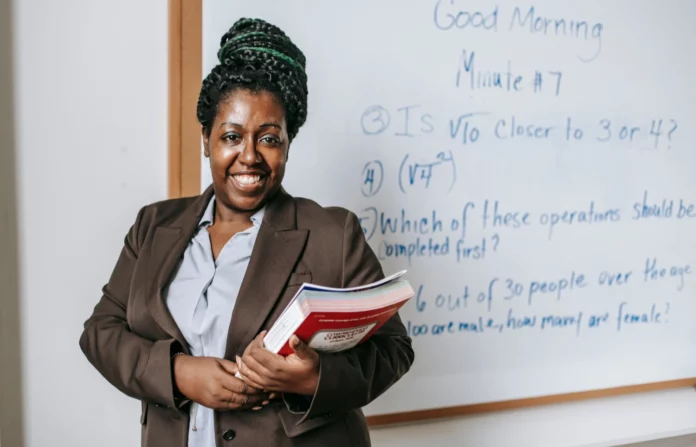Ref No: CEM/E-LG/VOL.I/008
Date: 14th February 2025
To all CTCDC Chairpersons
Subject: February 2025 Training of Junior School STEM Teachers on Virtual Labs and Digital Resources
As part of the Secondary Education Equity and Quality Improvement Project (SEEQIP), we are establishing virtual laboratories. These labs will use technology and online resources to support STEM education and bridge the learning resource gap and classroom instruction.
Objectives of the Training
To ensure the success of this initiative, CEMASTEA has scheduled a 4-day training for 8,563 Junior School teachers of Mathematics and Integrated Science. The training will equip teachers with skills to use virtual labs and open educational digital resources effectively.
Training Details
- Dates: 26th February to 1st March 2025
- Venue: SMASE INSET Centres across all 47 counties
- Target Audience: Junior School teachers of Mathematics and Integrated Science who have previously attended SMASE INSET training
Key Training Objectives
By the end of the training, teachers should be able to:
- Access and use virtual laboratories for STEM teaching.
- Integrate virtual labs into STEM lesson planning and delivery.
- Understand the importance of virtual laboratories in STEM education.
This training is expected to support 60% of Junior School students to transition to STEM pathway at Senior School level.
Actions Required
- Inviting Teachers:
- CTCDC should invite all eligible Junior School Mathematics and Integrated Science teachers for the training.
- Teacher distribution per county is in Annex I and approved list of teachers is in Annex II.
- County Trainers Induction:
- County trainers who were trained on virtual labs in December 2024 should attend a one-day online induction on 24th February 2025 from 3:00 p.m. to 5:00 p.m.
- Private School Participation: * Private schools should be informed of the training and the fee of Ksh. 880 per teacher per day for 4 days. This fee will cater for meals and stationery during the training.
Conclusion
This is in line with the national goal of STEM in Junior Schools. By training teachers with digital teaching tools we will transform science and mathematics teaching, resource utilisation and better learning outcomes.
